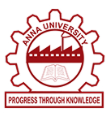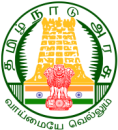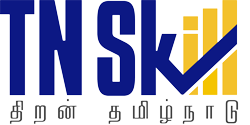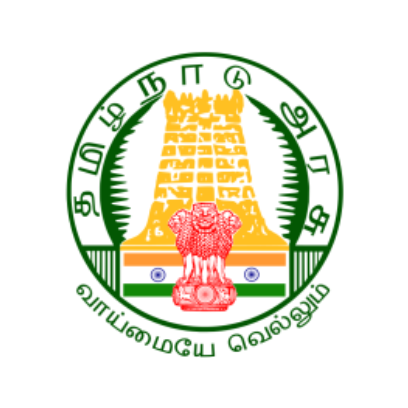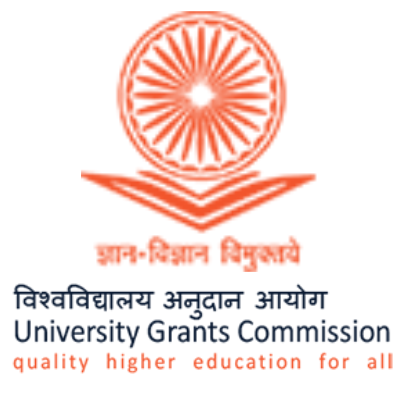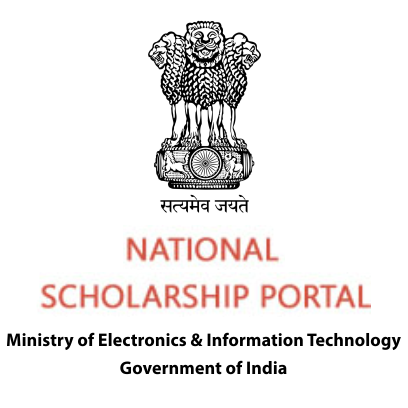The first Engineering Institution to be started in the country was the Survey School, which was established in 1794 at Madras by the East India Company. Out of this, the reputed College of Engineering Guindy, Chennai has come into existence. The output of the Engineering Institutions in the country was not commensurate with the demand in the then developing India and the Industrialization all over India necessitated the expansion of the Technical Institutions at all levels during the Five Year Plans.
Initially the Engineering and Polytechnic Colleges were under the control of the Directorate of public Instruction and Directorate of Industries and Commerce respectively. The Director of Industries looked after the Polytechnics and the Industrial schools under the overall control of Department of Labor, Employment and Co-operation. The Director of Public Instruction looked after the College of Engineering, Guindy and other engineering Colleges.here was a Technological Diploma


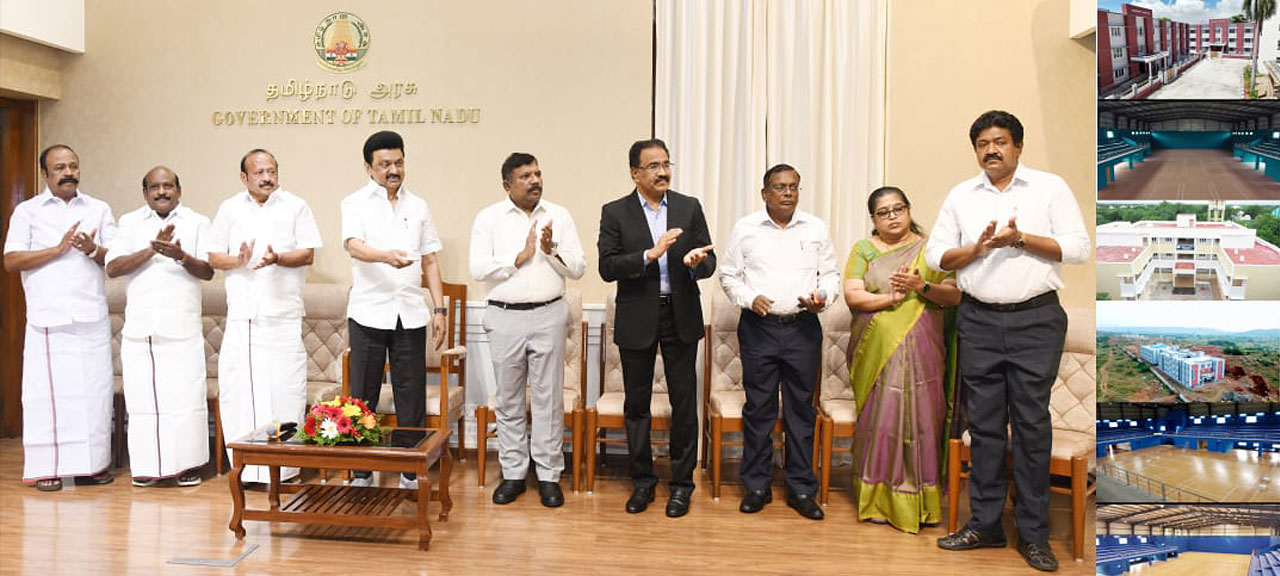

.jpg)

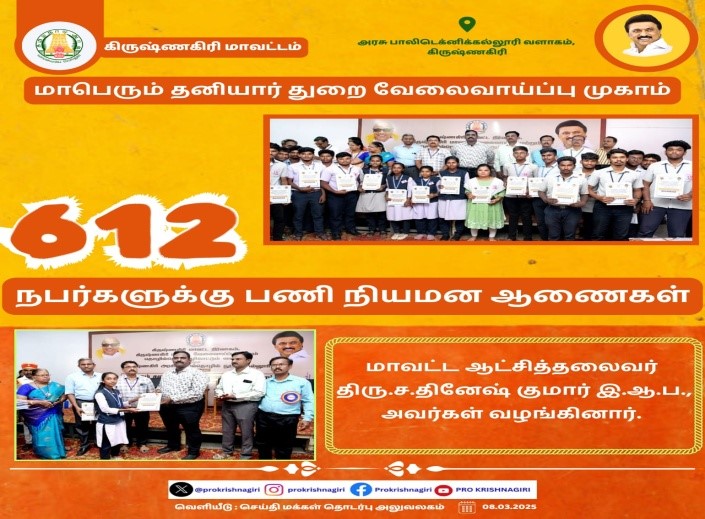

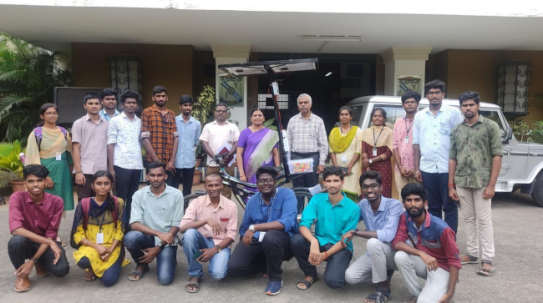


 MBA/MCA Admission
MBA/MCA Admission
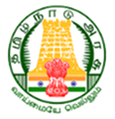
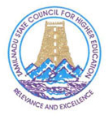

.png )
